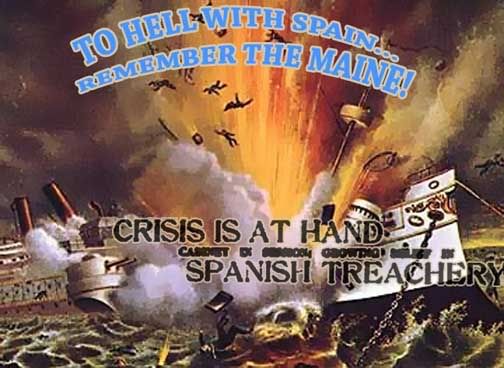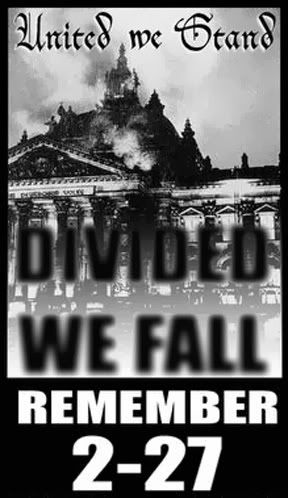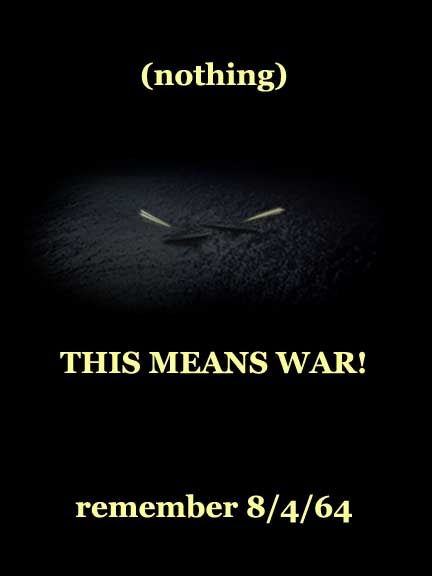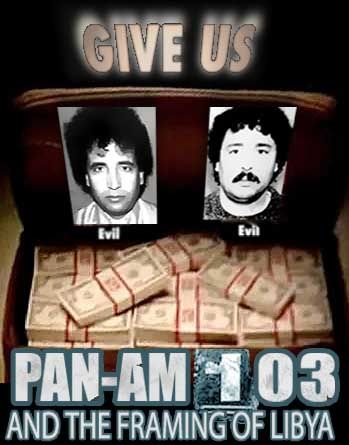 |
He adapted himself in other ways, serving quietly and efficiently in the Post-Communist government of his hometown, St. Petersburg, promoting international relations and foreign investment. In 1996 the promising technocrat was summoned to Moscow to serve in the national government. After two years of proving himself at various posts in Yeltsin’s second administration, Putin took the lofty appointment of director of the Federal Security Service of the Russian Federation (FSB, for Federal'naya Sluzhba Bezopasnosti), successor to the Russian KGB, which had fallen on hard times.
After helping revive the FSB, in 1999 he added another job title to his resume - head of the Security Council, an office of the President’s that “drafts policy proposals on defending the vital interests of individuals, society and the state against internal or external threats.” Putin worked diligently to keep Russians safe, drafting proposals on how to deal with, for example, the problem of Chechnya (at the time de facto independent after the First Chechen War of 1994-96), while overseeing the FSB’s efforts to prevent, for example, Chechen terrorism. He had to resign both posts, on Yeltsin’s orders, with Nikolai Platonovich Patrushev taking his place at FSB. He was not being sacked, of course, but promoted to head his own government; on August 9, Putin switched over to the Kremlin to become Prime Minister of the Russian Federation. But as the fifth prime minister in a year-and-a-half of economic and political chaos, his chances of political survival seemed slim.
But then something happened - Just as Putin was being sworn in, Muslim militants from Chechnya invaded the neighboring region of Dagestan (on Russia’s Caspian coast) and less than a month after he left it, the FSB proved unable to prevent the war from coming home. A wave of sophisticated, powerful bomb attacks rocked Russia; the worst were apartment bombings in Moscow on September 9 (9/9/99) on Guryanov Street, killing 94, and on Kashirskoye Shosse on the 13th, killing 119. Along with an earlier bombing on the 4th in Dagestan (at Buinaksk, which also suffered a second bombing on the 13th) and a later one on the 16th at Volgodonsk, just over 300 lives were terminated beneath concrete slabs as they slept and many thousands were injured or emotionally traumatized. A nation of millions was shocked and enraged; it was Russia’s mini-9/11, but with no exact date it became known as 9/99 for the month and year of the attacks.
Yeltsin and Putin solidified their power base by taking a firm and simple stand – bombs began falling on Chechnya on September 23, a week after the Volgodonsk attack and the day of a foiled sixth bombing at Ryazan (later deemed a training mission when it was revealed that FSB personnell were responsible). The ground invasion of the southern republic began on the last day of September, a fierce renewal of the previous war set to re-claim Chachnya for Moscow and gave Putin a support base as a hard line defender of Russians from terror, boosting his popularity immensely.
While not formally associated with any party, he was supported by the newly formed Edinstvo (unity) party, which won the most seats in the Duma elections of December 1999. Yeltsin, in failing health and falling popularity, saw that the leadership was strong and had the support of the new Duma, and so stepped down and appointed Putin Acting President on December 31, 1999. Once confirmed by election in March 2000, Putin officially became the second President of the Post-Soviet Russian Federation, a remarkably swift rise to power to announce a very interesting turn of the century.













No comments:
Post a Comment